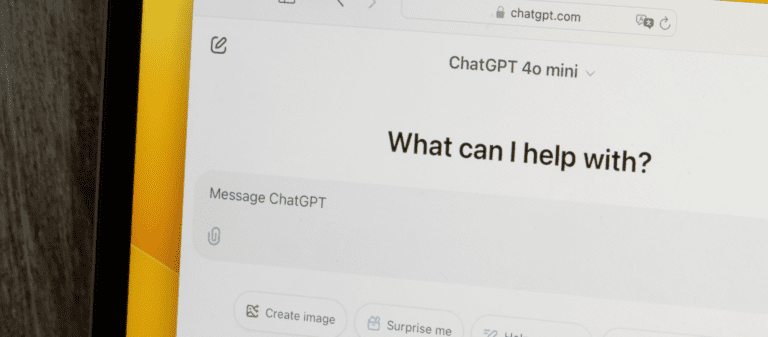You’ve selected the right student, issued the award, and sent the congratulatory email. Job well done, right?
Not quite.
The most impactful scholarship programs don’t end after the check is sent. Today’s students, especially first-generation, underrepresented, or low-income scholars, face increasing pressure in and out of the classroom. Mental health challenges and unclear career paths are among the top reasons scholarship recipients struggle to stay on track.
If your goal is long-term scholar success, it’s time to evolve your program beyond the award. This blog explores how to design scholarship support systems that prioritize mental well-being and career readiness, without overwhelming your resources.
1. Why Scholarships Alone Aren’t Enough Anymore
The college experience has changed dramatically. Rising costs, mental health crises, and a volatile job market mean that even funded students face significant barriers.
Consider this:
- 60% of college students report feeling “overwhelming anxiety”
- 1 in 3 say they’ve considered dropping out due to mental health challenges
- Only 1 in 4 students feel “very prepared” for life after graduation
Financial aid solves one piece of the puzzle. But true success requires supporting the student as a person.
2. Mental Health: The Missing Link in Scholar Success
Students today are facing unprecedented mental health challenges, especially those navigating college systems without family support or prior exposure.
As a scholarship provider, you don’t need to become a therapist. But you can play a meaningful role by:
- Normalizing mental health check-ins
- Connecting scholars to campus wellness resources
- Creating space for vulnerability in emails, orientation events, or one-on-one outreach
- Funding or partnering with organizations that provide therapy or group support
🧠 Pro tip: Send a quarterly wellness email or include a “mental health check-in” in your ongoing communications. Even small gestures can make a big impact.
3. Career Readiness: A New Mandate for Funders
Scholarship recipients often face unique challenges transitioning into the workforce:
- Limited professional networks
- Less access to paid internships
- Uncertainty about what careers are even available to them
Forward-thinking scholarship programs are now offering:
- Mentorship programs (especially with donors or alumni)
- Career workshops or resume reviews
- Stipends for unpaid internships or job-shadowing opportunities
- Digital career resources and job boards
🎯 A scholarship should not only fund the journey, but it should also help define the destination.
4. Examples of Wraparound Scholar Support in Action
Many successful programs are evolving their support models:
- The Dell Scholars Program includes a dedicated “student success coach” and peer community platform
- The Posse Foundation supports scholars with pre-college training, campus mentoring, and career coaching
- Corporate programs like Deloitte’s offer mentorship and early talent pipelines into the company
You don’t need to reinvent the wheel. Even small changes, such as pairing each scholar with a volunteer mentor, can have a significant impact on outcomes.
5. How to Start Supporting Scholars Holistically (Without Overwhelming)
You don’t need a massive team or budget to go beyond the award. Start with:
- A simple resource hub for mental health and career tools
- A quarterly check-in survey to spot needs early
- A volunteer mentorship program using employees, donors, or past recipients
- A platform (like Kaleidoscope!) that lets you track student engagement and send targeted communications
Conclusion: From Award to Impact
When you support scholars beyond the financial award, you don’t just help students, you amplify your program’s mission. Scholars who feel seen, supported, and prepared are more likely to persist, graduate, and give back.
And that’s how you turn a scholarship into a legacy.
🎓 Want to support your scholars beyond the check?
Kaleidoscope makes it easy to stay connected with students, share resources, and build programs that drive long-term success.
➡️ Learn how our platform supports scholar engagement and long-term success. Explore Scholar Relationship Management











